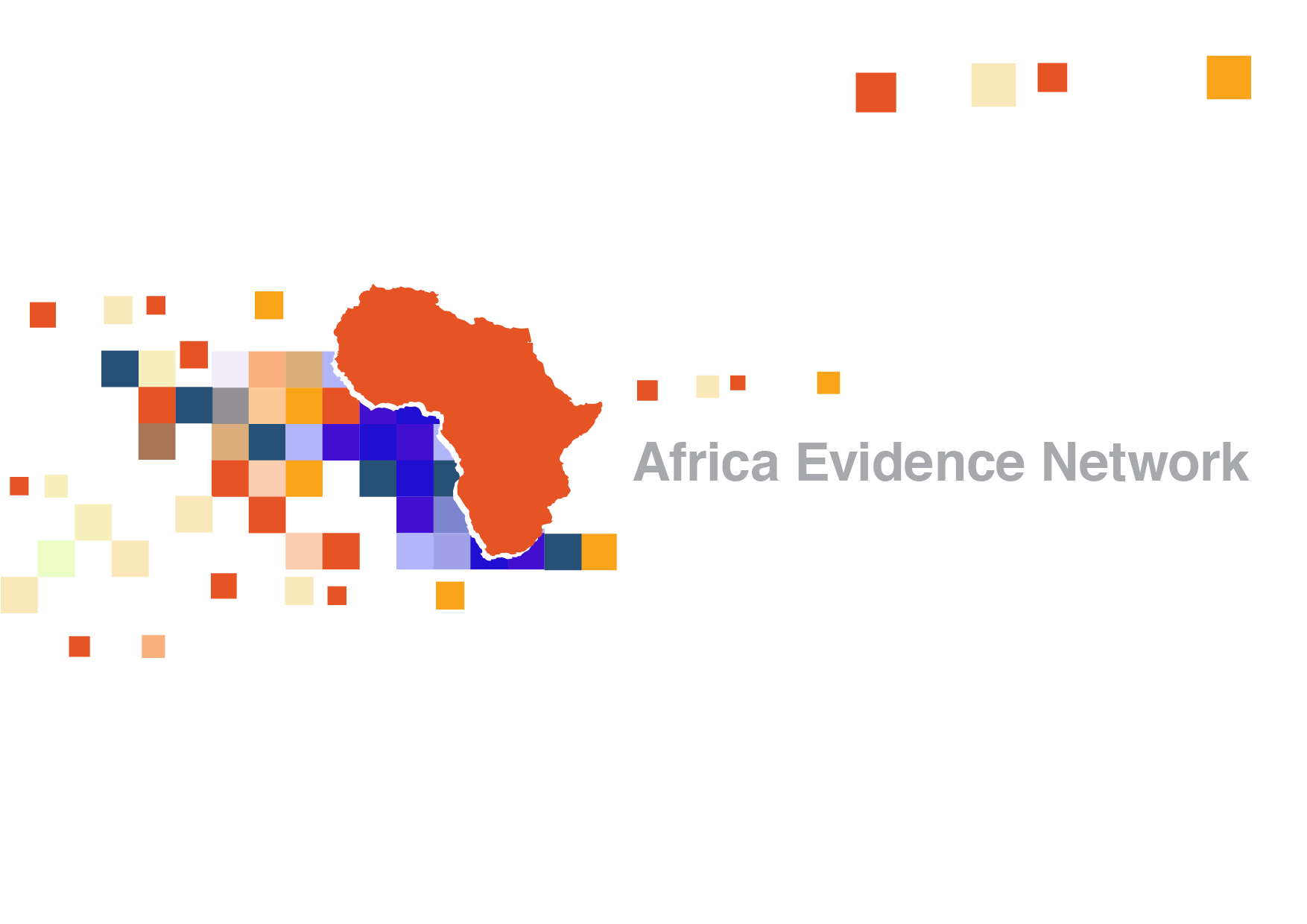
As an African traveling overseas one is bound to encounter some of the many misconceptions the rest of the world seems to have developed about Africa. Africa might be a country, or it might only be populated by black people, or perhaps even we don’t know winter’s cold – pick your favourite myth. While most of these are rather amusing, some – like the constant depiction of Africans as poor and needy – can dangerously skew public discourse and perceptions. Information is important, and that’s why we are going to have to disappoint many more fellow airplane neighbours, removing from their heads the dozens of imaginary wild animals roaming our streets.
Truth be told though, we might be susceptible to holding similar myths and misconceptions in our own societies. Especially, the complex challenge of creating sustainable social and economic development with limited public resources and in the context of through poverty and inequality fragmented societies is prone to such myths. In the (understandable) hope for easy and quick solutions, too many social programmes on our continent have been understood and presented to the public as panacea. Often this is accompanied by a dangerous simplification of the issues’ complexity in order to make the simple narrative of the ‘easy fix’ more convincing and appealing.
From the late South African Minister Tshabalala-Msimang’s presentation of beetroot and garlic as a cure for HIV/AIDS, to the advocacy of trade liberation, or the re-occurring design of national development plans, the public in African states has been exposed to a diversity of policy interventions; alas positive social change can be attributed to few of these.
Needless to say that some of these programmes actually do work. Given the array of policy interventions, by mere chance some of them will have a positive impact. Yet, we simply would not know which, as there are few systematic efforts to evaluate these policies. In South Africa we still debate the performance of the Reconstruction and Development Programme (RDP) vs the Growth, Employment and Redistribution (GEAR) programme, vs the Accelerated and shared growth initiative (AsgiSA), vs the National Development Plan (NDP), and viewpoints usually subscribe to political affiliation rather than real world data regarding the achievements of each policy plan. This is a waste, not of debates (those are fun), but of public resources, and, what might be even more important, of learning opportunities.
Africans have struggled long enough in order to design their domestic policies independently, and we cannot afford for our governments to base policies on best guesses. Social policies in Africa, in the light of current levels of poverty, can simply neither afford to be inefficient nor to be ineffective. We therefore have a moral imperative to ensure that we design our policies according to the most reliable knowledge, and, further, that we rigorously monitor and assess the effectiveness of our polices and programmes to instantly learn from their successes and failures, allowing us to tailor and improve them constantly.
This most reliable knowledge is what we call ‘evidence’, and its incorporation into the design of policies is what we call ‘evidence-informed policy-making’. The Africa Evidence Network is all about evidence-informed policies. We are a network of academics, private sector professionals, and policymakers who are trying to improve the production, dissemination, and uptake of evidence in Africa. We believe that the supply and demand for evidence is equally important. We also believe that a culture of evidence use or the building of evidence-literate communities has a big role to play in ensuring our decision-makers’ appetite for evidence. In this remit, we will over the next couple of weeks present a number of African perspectives on the idea of evidence-informed policy-making. We will also report on (and are interested in hearing your) anecdotes from professionals working in the policy/research nexus. With this, welcome to the African Evidence Network blog and please get in touch with us, our bloggers, and network members to share news and insight on the use of evidence in African policy-making.
Disclaimer: The views expressed in published blog posts, as well as any errors or omissions, are the sole responsibility of the author/s and do not represent the views of the Africa Evidence Network, its secretariat, advisory or reference groups, or its funders; nor does it imply endorsement by the afore-mentioned parties.